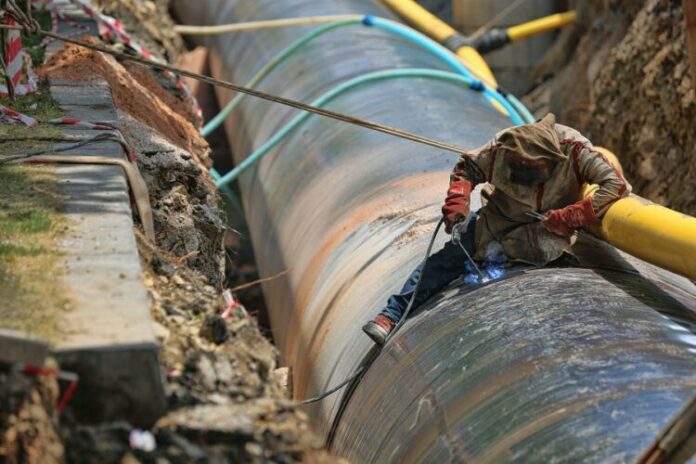On Wednesday, Bulgaria kicked off the construction of a long-delayed natural gas pipeline with Serbia, which would allow Belgrade to receive non-Russian gas and increase the security of supply in southeast Europe, Reuters reported.
Europe has been aggressively promoting energy cooperation and exploring for alternative suppliers since Russia shut off gas shipments to the continent following the conflict in Ukraine.
“This is a big thing, a European project. We will supply other countries via our country,” Serbian President Aleksandar Vucic said.
According to Rossen Hristov, the energy minister for Bulgaria, the 170-kilometer (106-mile) gas pipeline that will connect the Serbian city of Nis to the Bulgarian town of Novi Iskar is anticipated to be functioning by the end of the year.
According to Radio Free Europe/Radio Liberty, Azerbaijani gas will be able to go all the way to Western Europe through this interconnector, which will provide 1.8 billion cubic meters of gas annually. Serbia will also be able to receive liquefied natural gas that is transported through Greek ports.
Bulgaria and Serbia worked to diversify their supply chains before Moscow’s attack on Ukraine had an impact on gas exports to Europe.
A price spat between Russia and Ukraine in 2009 that resulted in reduced delivery and many people in Europe being without heat over the winter severely impacted the two nations.
In order to start receiving gas from Azerbaijan, Sofia then moved fast to build a connection with Greece.



